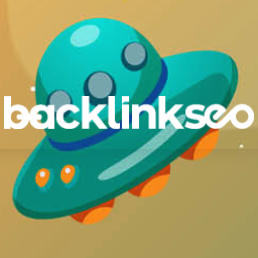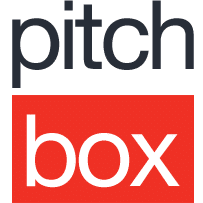Klaviyo vs Pardot
Hyperise integrates with 100's of sales and marketing tools, many of which are in the Marketing Automation category. With so many to choose from it's sometimes hard to know which is best, but don't worry, we've got your covered.
In this comparison guide we're going to look at the Highlights, Pros, Cons and Pricing of Klaviyo and Pardot. We'll also delve into the details of which offers the best personalization options within Marketing Automation, with there respective Hyperise integrations
Klaviyo
Pricing: Klaviyo's pricing model is based on the number of contacts you have in your database and the number of emails you send each month. Their free plan allows up to 250 contacts and 500 email sends per month. Their paid plans start at $20 per month and increase based on the number of contacts and email sends. For example, their basic plan allows up to 500 contacts and 5,000 email sends for $20 per month.
Vs
Pardot
Pricing: Pardot is a cloud-based marketing automation software owned by Salesforce. It offers a variety of features including lead management, email marketing, lead generation, lead nurturing, analytics and reporting, social media marketing, and more. Pardot pricing starts at $1,250 per month for up to 10,000 contacts. The pricing increases with the number of contacts you have, and the features you need.
Klaviyo vs Pardot Highlights
Klaviyo and Pardot are two popular marketing software platforms that are often compared and evaluated based on their features, capabilities, and pricing models. While both platforms offer tools for managing marketing campaigns and customer interactions, there are some key differences between them.
Klaviyo is primarily a marketing automation platform that specializes in email marketing, SMS messaging, and other personalized digital marketing channels. It is designed to help businesses create targeted campaigns for segmented audiences, track user behavior, and measure the effectiveness of their marketing efforts through real-time analytics.
On the other hand, Pardot is a CRM platform that offers lead management, lead tracking, and lead nurturing functionalities. It integrates with Salesforce a popular CRM tool to provide a comprehensive suite of customer relationship management functionalities, such as sales pipeline tracking, sales forecasting, and account management.
While Klaviyo focuses on email and other personalized digital marketing channels, Pardot offers a wider range of customer relationship management features, including lead scoring, automated lead nurturing, and sales team collaboration functionality. However, Pardot's pricing is often much higher than Klaviyo's, and it requires a Salesforce subscription.
Overall, businesses looking for a comprehensive CRM solution that integrates with Salesforce and offers lead management functionality may find Pardot to be a suitable option. However, if a business's main objective is personalized digital marketing and targeted campaigns, Klaviyo is likely to be a more affordable and flexible option.
Klaviyo vs Pardot Pros
Klaviyo Pros
- Klaviyo has a user-friendly interface that is easy to navigate and use.
- Klaviyo provides advanced analytics and reporting tools that can help you track and measure your marketing campaigns' effectiveness.
- Klaviyo offers an unlimited number of email sends, so you do not have to worry about a limit on your email marketing campaigns.
- Klaviyo has a powerful segmentation and targeting feature that allows you to create targeted campaigns for your audience.
- Klaviyo provides integrations with various eCommerce platforms, such as Shopify, Magento, and WooCommerce.
- Klaviyo has a better drag and drop editor that can create beautiful and responsive emails more quickly and easily than Pardot.
- Klaviyo provides great email deliverability, so you can be sure that your emails will be delivered to your subscribers' inboxes.
- Klaviyo offers comprehensive customer support, including live chat and email support.
- Klaviyo is more affordable compared to Pardot, especially for smaller businesses with limited budgets.
- Klaviyo has a more extensive suite of automation features that enable end-to-end customer journey orchestration.
Pardot Pros
- Sure, here are some Pros for Pardot compared to Klaviyo:
- Pardot is a CRM platform that provides deep integration with Salesforce, making it easy to sync data and manage marketing campaigns from within Salesforce.
- Pardot offers comprehensive lead management capabilities, allowing users to score and grade leads based on their behavior and profile data. This can help users prioritize leads and focus on the most promising ones.
- Pardots automation capabilities extend beyond marketing campaigns to include sales automation, lead nurturing, and lead qualification. This can help sales and marketing teams work together more effectively to close deals and grow revenue.
- Pardot offers robust reporting and analytics features, providing users with a clear view of their marketing and sales performance. Users can track email engagement, website traffic, pipeline development, and more.
- Pardots integration with Salesforce and other third-party tools enables users to automate workflows, streamline processes, and enhance operational efficiency.
- Pardot has a wide range of third-party integrations, making it easy for users to connect their marketing campaigns and data to other tools and platforms.
- Note: It's important to note that Pardot and Klaviyo are two very different platforms that serve different purposes. Pardot is primarily a CRM platform, while Klaviyo is more focused on marketing automation. It's not really an "apples to apples" comparison.
Klaviyo vs Pardot Cons
Klaviyo Cons
- Limited CRM capabilities
- Limited integrations with third-party tools
- Minimal A/B testing functionality
- No built-in sales analytics or forecasting tools
- Higher pricing plans than Pardot
- Limited support for B2B marketing
- No built-in lead scoring features
- Limited reporting capabilities
- Limited ability to manage large marketing campaigns
Pardot Cons
- Pardot has a steeper learning curve compared to Klaviyo.
- Pardot's user interface can be less intuitive and more complex to navigate.
- Pardot can be more expensive, especially for small businesses or startups.
- Pardot may not have all the advanced marketing automation features that Klaviyo offers.
- Pardot has limited user permissions and roles compared to Klaviyo, which can be a concern for larger organizations.
- Pardot doesn't have as many integrations with other marketing tools as Klaviyo does.
- Pardot's customer support can be slower to respond to queries or issues compared to Klaviyo.
Klaviyo & Pardot Hyperise Integrations
Klaviyo uses the HTML code embed method to integrate with Hyperise, giving a simple way to add personalized images to your messages.
Klaviyo makes the following data points available to Hyperise, to enable personalization in images used in outreach and linked out to your personalized website landing pages.
- Using business Email passed from Klaviyo, Hyperise is able to enrich business logo and website screenshots. In some cases, with a business Email we're also able to enrich profile images, subject to the business email having a publicly available profile.
Klaviyo Integration Guide
Pardot uses the HTML code embed method to integrate with Hyperise, giving a simple way to add personalized images to your messages.
Pardot makes the following data points available to Hyperise, to enable personalization in images used in outreach and linked out to your personalized website landing pages.
- Using business Email passed from Pardot, Hyperise is able to enrich business logo and website screenshots. In some cases, with a business Email we're also able to enrich profile images, subject to the business email having a publicly available profile.
- Using business Website passed from Pardot, Hyperise is able to enrich business logo and website screenshots.
- Business name
- City
- State
- Country
- Zip
- Category
Pardot Integration Guide
 vs
vs  vs
vs  vs
vs 

 vs
vs 

 vs
vs 




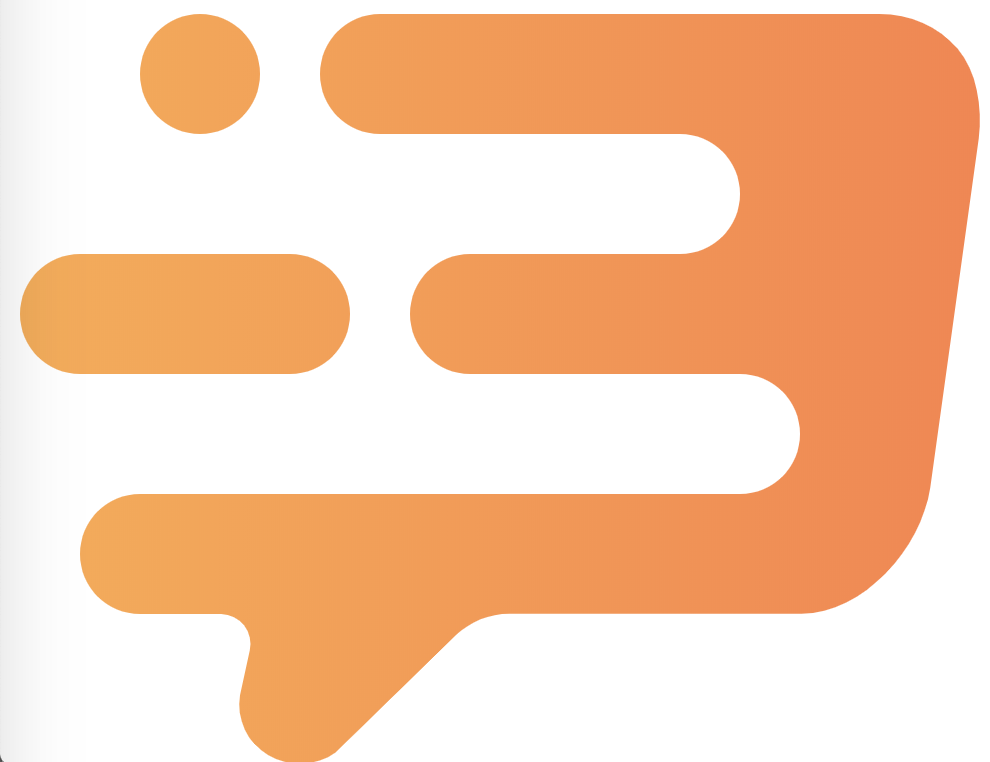 vs
vs  vs
vs  vs
vs  vs
vs  vs
vs  vs
vs  vs
vs  vs
vs  vs
vs 
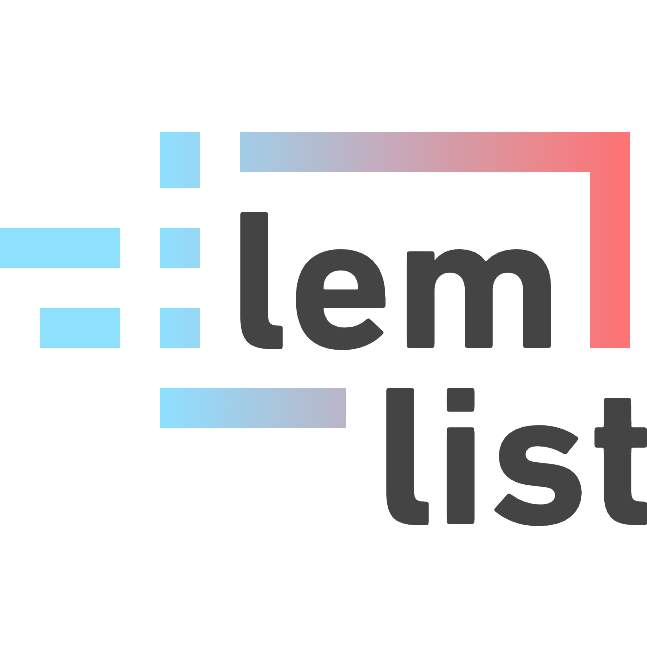





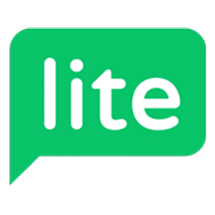


 vs
vs  vs
vs  vs
vs  vs
vs 

